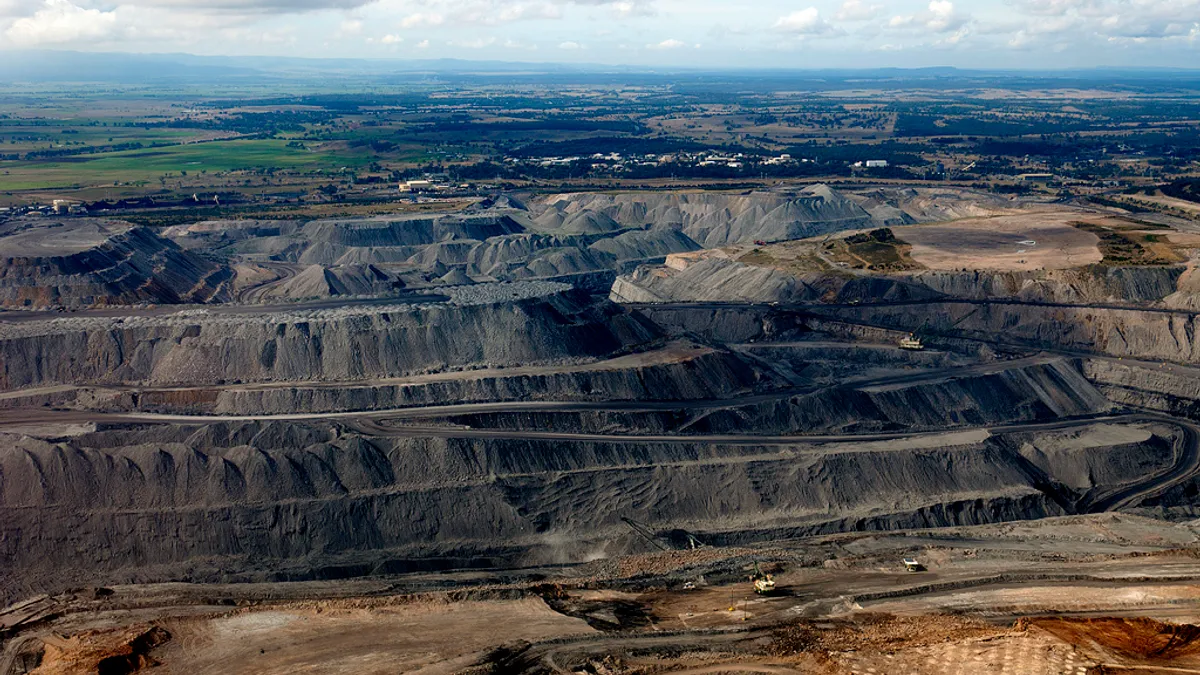Dive Brief:
- West Virginia Attorney General Patrick Morrisey is heading up the opposition to President Obama's Clean Power Plan, but conceded yesterday that the fuel's heyday is likely in the past despite the potential for some jobs to come back.
- Morrisey spoke yesterday at the National Press Club in Washington, D.C., and The Hill reports he believes a resurgence in the coal industry could be good for the United States' economy and job numbers.
- Morrisey is heading a coalition of 29 states and agencies in challenging the Clean Power Plan, which is expected to force more coal facilities offline. The U.S. Supreme Court in February stayed the rule's implementation.
Dive Insight:
Morrissey is the lead on a multi-state challenge to CPP, and the coal industry in his state has been devastated by the commodity's decline. But the AG conceded yesterday that there is only so much that can be done for the industry at this point.
“We all know the cause of coal’s decline is multifaceted, but the regulatory regime, certainly from my perspective, has played a very important role," Morrisey said, according to The Hill. “I think that it would lead to more coal jobs, but it's difficult to predict what that number would be,”
"While I don’t think coal will come back to its previous, highest levels, I do think there is an opportunity for some form of comeback, which, obviously, for the state of West Virginia and for our national energy policy, would be desirable," he said.
According to recent data from the U.S. Energy Information Administration, coal-fired generation made up 80% of all retirements last year, the bulk of that consisting of conventional steam units. Overall, 18 GW of coal capacity was lost in 2015.
About 30% of the coal capacity that retired last year was pulled offline in April, when the U.S. Environmental Protection Agency's Mercury and Air Toxics Standards rule went into effect.
EIA said nearly half of the 2015 retired coal capacity was located in three states — Ohio, Georgia, and Kentucky — and those states each retired at least 10% of their coal capacity in 2015. "Other states that traditionally have had high levels of coal-fired electricity generation, such as Indiana, West Virginia, and Virginia, each retired at least one GW of coal capacity in 2015," the agency said earlier this month.















